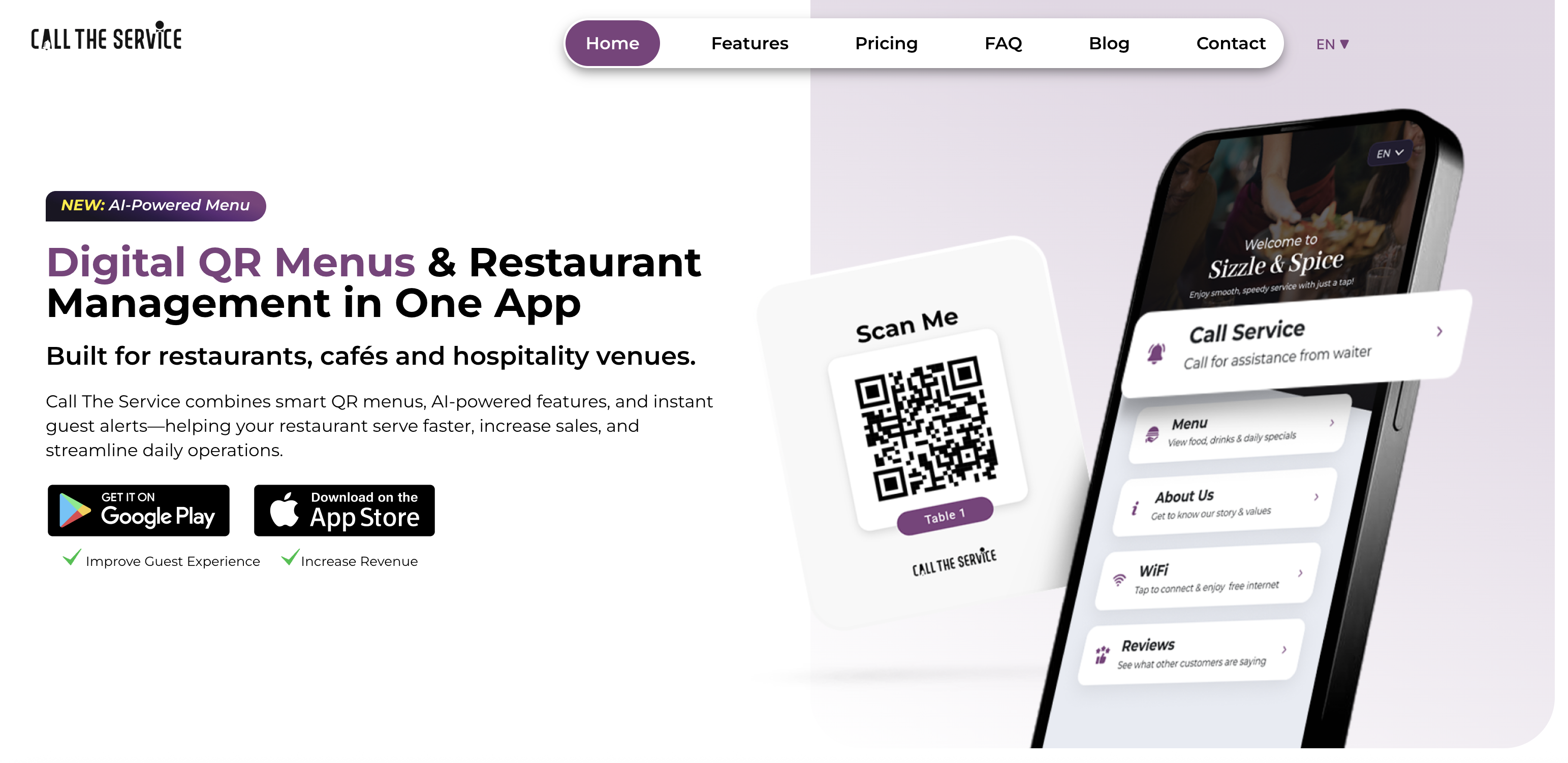Germany, a country celebrated for its deep-rooted bread culture, has become a leader in sustainability by pioneering creative approaches to food waste. With nearly one-third of food worldwide going uneaten, the German hospitality sector is tackling this issue head-on. From community-driven initiatives to mobile apps and bakery-led models, these practices offer valuable insights into food waste reduction in restaurants and bakeries while helping consumers save money and embrace more mindful consumption.
Innovative Apps Supporting Sustainability
Mobile technology is transforming the fight against food waste. Popular apps such as Too Good To Go and ResQ Club connect consumers with surplus food from restaurants and bakeries at discounted rates.
-
Too Good To Go allows users to buy “surprise boxes” filled with leftover dishes, packaged sustainably.
-
ResQ Club gives customers access to unsold meals, promoting environmental responsibility while supporting local businesses.
These digital solutions highlight how innovation can directly contribute to food waste reduction in restaurants while building stronger relationships with eco-conscious diners.
Foodsharing: A Community Movement
The Foodsharing initiative has built a grassroots network for redistributing surplus food. Participants can access bread and baked goods from local stores, often from the previous day, at little or no cost.
By engaging individuals at the community level, Foodsharing demonstrates how collective action fosters both environmental responsibility and stronger social ties—all while advancing food waste reduction in restaurants and households alike.
National Strategy: “Zu gut für die Tonne!”
Germany’s Federal Ministry of Food and Agriculture (BMEL) launched the “Zu gut für die Tonne!” program to tackle food waste at scale. This government-backed initiative provides:
- Tips for proper food storage and meal planning.
- Educational resources to raise awareness.
- National action days and awards to celebrate innovative solutions.
- A platform that connects projects focused on valuing food.
By addressing waste across the entire supply chain, this strategy provides a framework that restaurants worldwide can adapt to strengthen their food waste reduction in restaurants efforts.
Bakeries Embracing Sustainability
Bakeries are central to Germany’s bread culture—and to its waste-saving solutions. Many now sell bread and pastries from the previous day at reduced prices. Examples include Peter’s gute Backstube in Baden-Baden, Second Bäck in Berlin, and Bäckerei Lechtermann in Bielefeld.
This approach ensures high-quality baked goods don’t end up discarded while offering consumers affordable access to artisanal products. It’s a model that can easily inspire food waste reduction in restaurants that deal with high-volume surplus.
Vortagsläden: Shops for Yesterday’s Goods
The concept of Vortagsläden or “previous day’s shops” takes bakery sustainability a step further. Stores like Vortagsladen Geiping in Datteln and Backhaus Zoller Gutes von Gestern in Esslingen specialize in selling leftover bread and pastries at steep discounts.
This model reduces waste, lowers costs for consumers, and strengthens the reputation of bakeries as environmentally responsible businesses. It also demonstrates a practical and profitable strategy for food waste reduction in restaurants.
How to Control Food Wastage
For restaurants and cafes, controlling waste is not only about saving money but also about building a reputation for sustainability. Here are key strategies every business can adopt:
- Accurate Portion Control
Monitor serving sizes to avoid oversized portions that often go uneaten. Balanced portions improve customer satisfaction and reduce unnecessary waste. - Smarter Inventory Management
Adopt real-time tracking of stock levels to prevent over-purchasing. Align orders with actual sales patterns, an essential step for effective food waste reduction in restaurants. - Creative Menu Planning
Design menus that repurpose surplus ingredients. For example, day-old bread can be transformed into croutons, breadcrumbs, or bread pudding. - Staff Training and Engagement
Train staff to monitor waste, practice efficient prep techniques, and suggest ways to reduce leftovers. Encourage them to actively contribute to your waste-control strategy. - Customer Engagement
Promote the use of doggy bags or smaller portion options for guests who prefer lighter meals. Transparent communication about sustainability efforts builds loyalty. - Data-Driven Decisions
Use analytics to track which dishes sell best and which ones frequently go to waste. Adjust menus accordingly to prevent overproduction.
By adopting these steps, restaurants can make meaningful progress toward food waste reduction in restaurants, ensuring both operational efficiency and environmental responsibility.
Also Read- Top Breakfast Food Trends in Hospitality
How Call The Service (CTS) Aligns with Food Waste Reduction

While Germany’s bread-saving movement emphasizes surplus management, technology can also prevent waste before it happens. This is where Call The Service (CTS)—an all-in-one restaurant order management app—aligns perfectly with the mission of sustainability.
Key Features:
- Precise Ordering: Guests order directly via QR codes, reducing errors that lead to discarded meals.
- Digital Menus: Real-time updates prevent outdated menu items from being ordered, ensuring stock is managed efficiently.
- Inventory Insights: Integrated tracking helps restaurants forecast demand more accurately.
- Feedback & Ratings: Customer reviews on dishes guide menu decisions, reducing overproduction of unpopular items.
- Analytics Dashboard: Provides data on peak hours and dish performance, helping businesses refine menus and reduce waste.
By integrating CTS into daily operations, restaurants can adopt proactive strategies for food waste reduction in restaurants, cutting unnecessary losses while improving profitability and guest satisfaction.
Conclusion
Germany’s bread-saving movement showcases how technology, community action, and innovative business models can converge to reduce food waste. From apps like Too Good To Go to bakery-led initiatives and government programs, these efforts highlight practical steps the hospitality sector can take.
For restaurants and cafes worldwide, the lesson is clear: adopting solutions for food waste reduction in restaurants not only benefits the planet but also enhances customer loyalty and operational efficiency.
Start reducing waste, improving service, and boosting revenue—download Call The Service today and bring efficiency to your restaurant operations.


